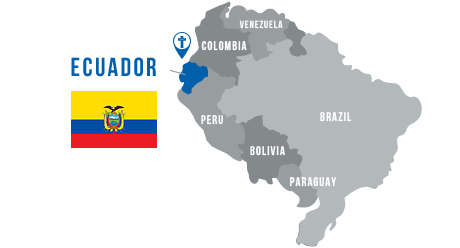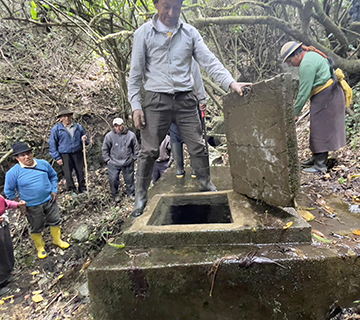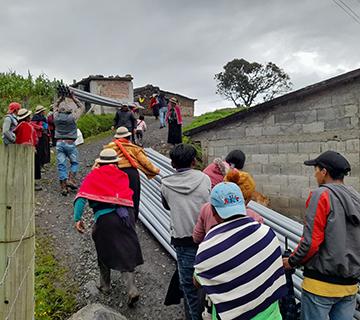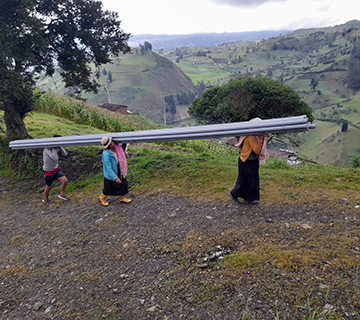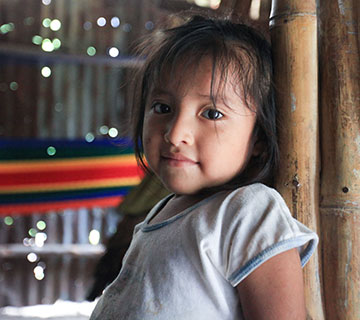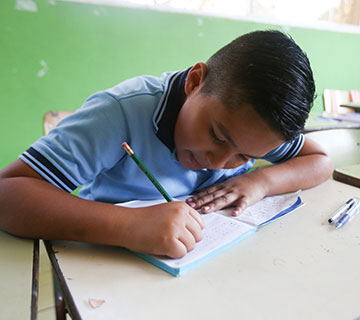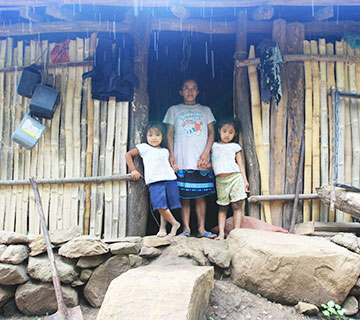Help for Ecuador
The poverty indicators for Ecuador are evident and so FFTP expanded its work to the country in 2022. To truly lift individuals, families and communities out of poverty, there must be a focus on developmental and sustainable efforts. This is only the beginning of our work.
*Tap each icon to learn more
Our Impact in Ecuador
2022
FFTP began working with partner Legado Foundation. The project goal is to diminish chronic childhood malnutrition by providing consistent water for the inhabitants of the community of Visote-Nueva Esperanza. Joining efforts to comply with one of the seven programs of Ecuador’s national strategy to reduce Childhood Chronic Malnutrition, this project plans to optimize and improve all existing water system that are in very bad condition. This project will supply materials such as air and drainage valves, reserve tanks, water distribution network, and chlorination unit for 58 beneficiaries.
